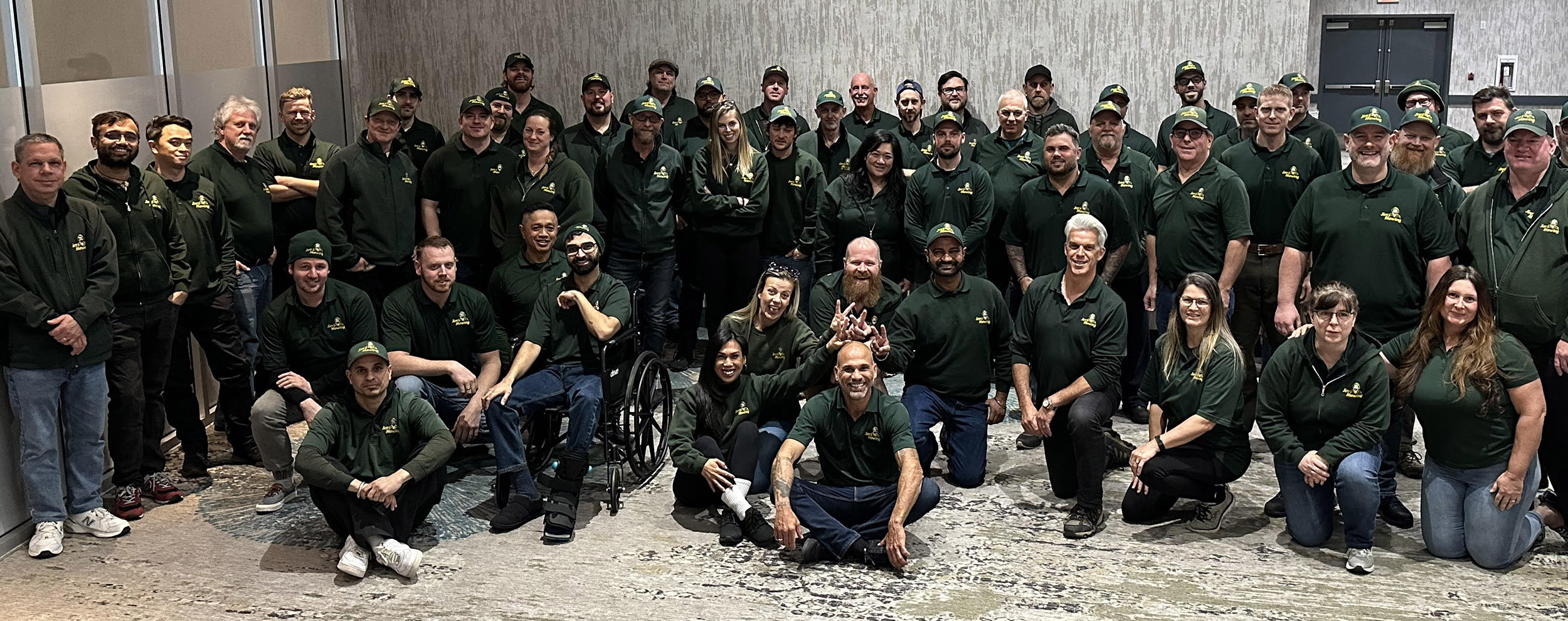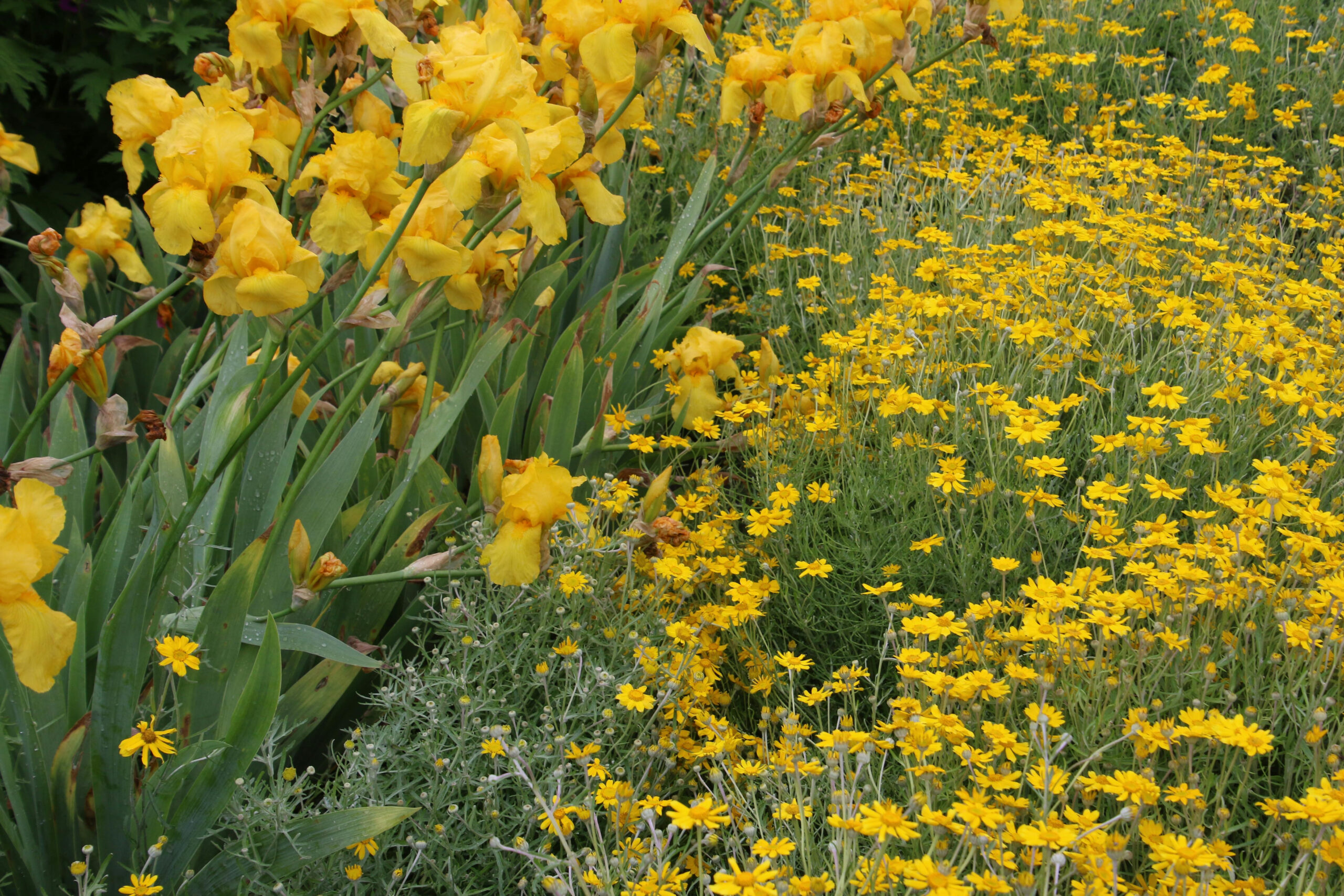
If you’re an organic gardening enthusiast in the stunning province of British Columbia, this guide is perfect for you! Whether you’re a seasoned gardener or just getting started, this resource is packed with tips and techniques to help you grow flourishing, eco-friendly gardens across the Okanagan, Mainland, and Vancouver Island.
Understanding Your Region’s Climate
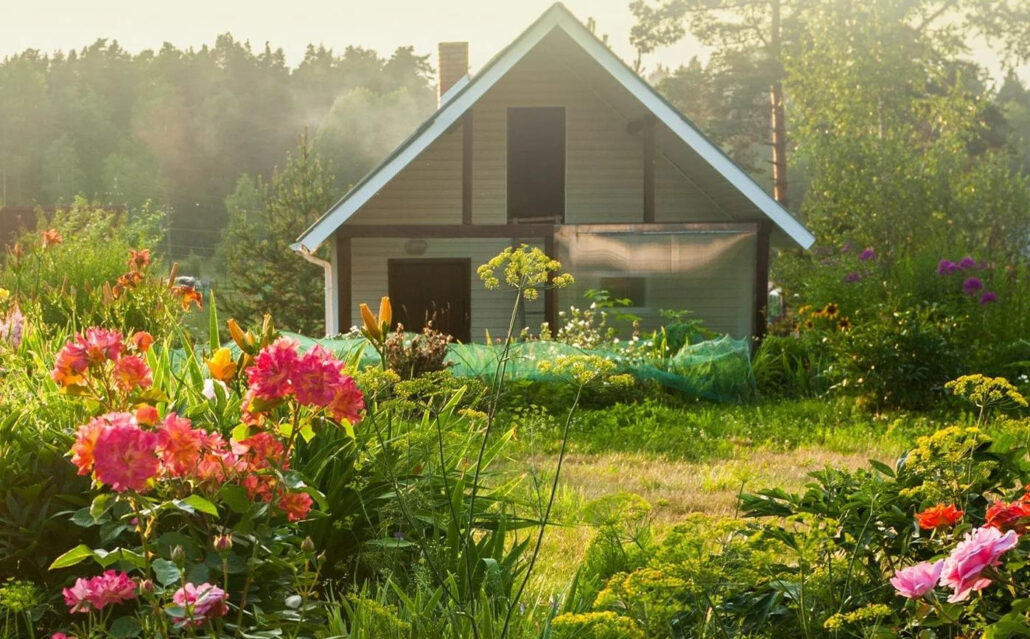
Understanding Your Region’s Climate
British Columbia offers a range of climates, from the sunny, dry Okanagan to the cooler, wetter coastal areas. Tailoring your organic gardening practices to your region will help you achieve the best results:
Okanagan: With its hot summers and mild winters, the Okanagan’s dry conditions can be challenging for gardeners. Select drought-tolerant plants like lavender, sage, and succulents, and use mulch to help your soil retain moisture during the dry months. Xeriscaping, or low-water landscaping, can also help you maintain a beautiful yet water-efficient garden.
Mainland: The Lower Mainland features a moderate maritime climate with mild, rainy winters and warm, dry summers. Use the abundant rainfall to your advantage by incorporating rain barrels and efficient irrigation systems. Opt for native plants suited to local soil conditions and rotate crops to maintain healthy, fertile soil.
Vancouver Island: This region enjoys a temperate climate with wet winters and cooler, damp summers. Leverage the rainfall by planting moisture-loving crops like lettuce, kale, and rhubarb. Enhance your soil by adding compost and organic matter, and take advantage of the lush environment to grow a diverse range of fruits, vegetables, and ornamental plants.
Organic Gardening Tips
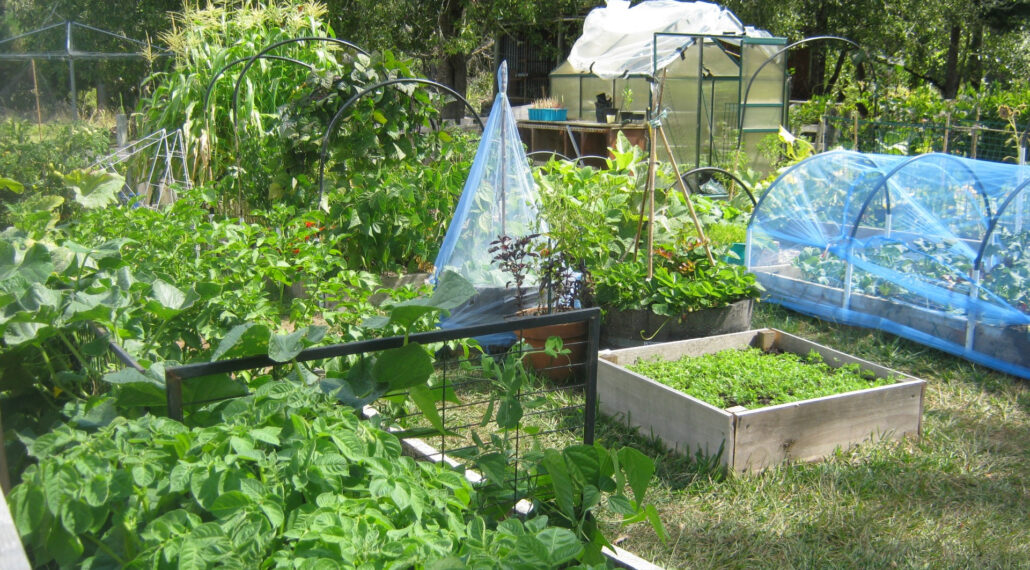
Organic Gardening Tips
Build Healthy Soil: Healthy, nutrient-rich soil is the backbone of any organic garden. Test your soil’s pH and amend it with compost, aged manure, and organic fertilizers to create the ideal growing environment for your plants.
Pick the Right Plants: Choose plants that thrive in your climate, focusing on native and heirloom varieties when possible. Companion planting is a great way to naturally deter pests and boost biodiversity in your garden.
Use Natural Pest Control: Ditch chemical pesticides and go for natural pest control techniques like encouraging beneficial insects, companion planting, or using homemade insecticidal soaps. Fostering biodiversity helps maintain a balanced ecosystem where pests are naturally kept in check.
Practice Water Conservation: To conserve water, water your plants early in the morning or late in the evening when evaporation is minimal. Consider installing a rain barrel or drip irrigation system to collect and distribute water efficiently, and mulch garden beds to lock in moisture and reduce weed growth.
Prepare for Weather Extremes: Protect your plants from unpredictable weather by providing adequate shelter. Use season-extending tools like row covers, cloches, and cold frames to safeguard delicate crops and prolong your growing season.
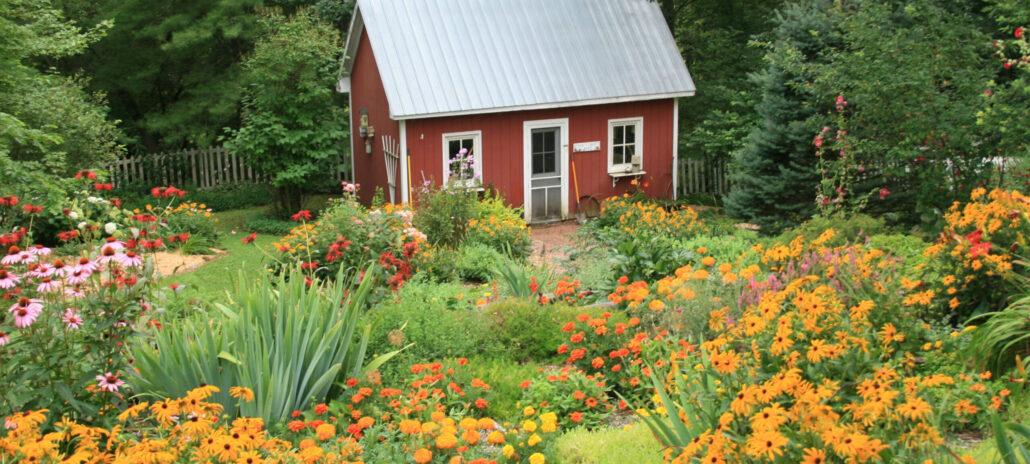
The Ultimate Organic Gardening Guide
Whether you’re nurturing a vibrant urban garden in Vancouver or tending to a large property in the Okanagan, organic gardening is a fulfilling and sustainable way to connect with nature. By following the tips in this guide, you’ll create healthy, eco-friendly gardens that thrive year-round in British Columbia’s diverse climates. Happy gardening!

